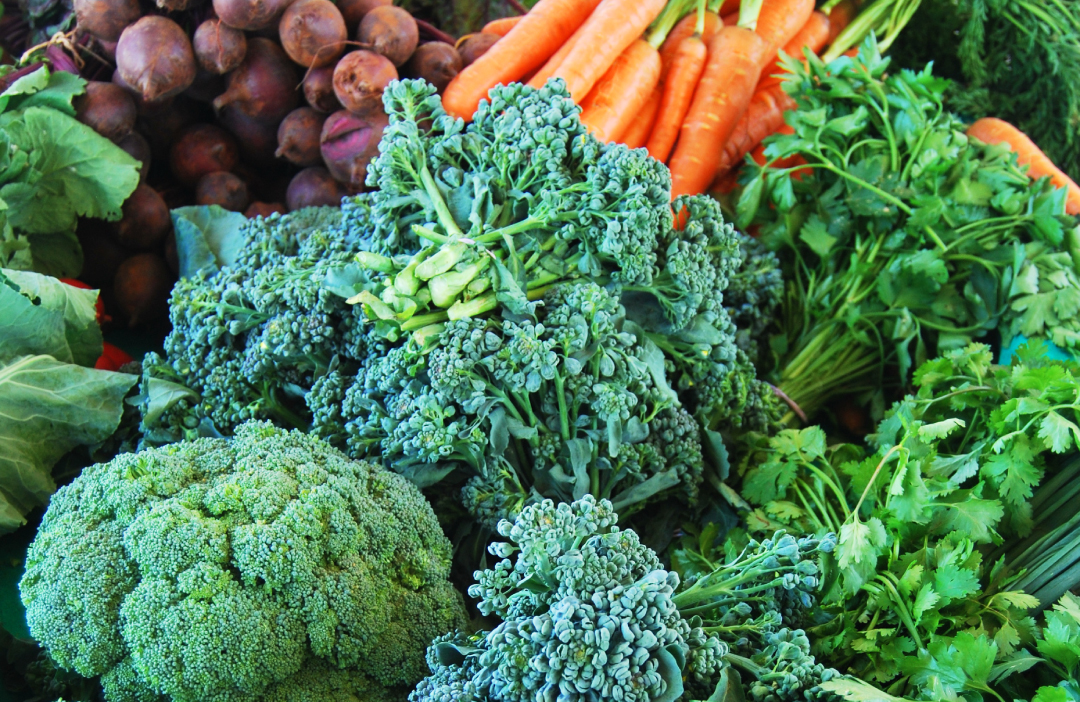Learn about initiatives that can help other countries in fighting the double burden of malnutrition

One in three people are currently overweight or obese, while one in nine people are hungry across the globe. With the COVID-19 pandemic, these numbers are likely to increase in the coming months. These problems, in addition to affecting people’s health and quality of life, can lead to several diseases, with social and economic consequences for families, communities and governments.
Adequate and healthy food plays a fundamental role in reversing the situation known as the “double burden of malnutrition” (coexistence of overweight and obesity, together with malnutrition), which affects nine out of ten countries, including Brazil.
In this context, the General Coordination of Food and Nutrition of the Brazilian Ministry of Health has published several papers with the objective of sharing the Brazilian experience of food and nutritional security. These articles will provide inputs for discussions in the scope of the new South-South cooperation project between the WFP Centre of Excellence against Hunger and the Brazilian Government, which aims to strengthen, in partner countries, the capacity to respond and improve national policies on food and nutrition.
This initiative is in line with Sustainable Development Goal 2, which has as its main goals to eradicate hunger, achieve food security and improve nutrition, while promoting sustainable agriculture.
The publications are available for download here:
Feeding and nutrition efforts in the context of primary healthcare in Brazil
Food guides: a strategy to reduce the consumption of ultra-processed foods and prevent obesity
Costs attributable to obesity, hypertension, and diabetes in the Unified Health System, Brazil, 2018





